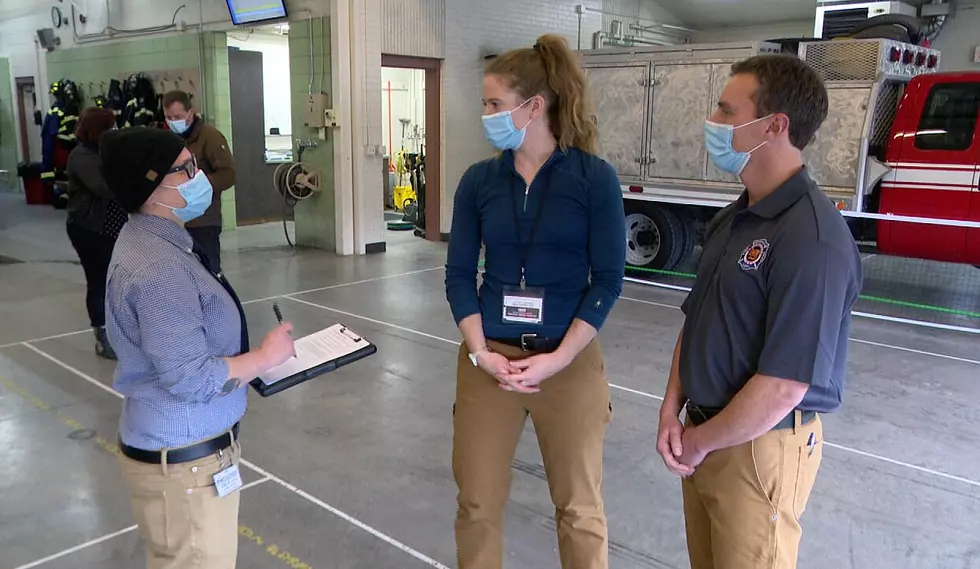
Behavioral health: City and county aim to address systemic gaps
While the launch of a mobile support team and other crisis intervention efforts marked a starting point in the City of Missoula's efforts to address a community challenge, officials believe more must be done, and Missoula County agrees.
A recent research project sought by the county prompted the review of all studies on behavioral health services in Missoula over the past few years. The ensuing report detailed the challenges and opportunities, and suggested recommendations.
While the study hasn't been finalized, it will likely result in a new county plan and recommend ways to start filling gaps in the system. But that could take time and funding – the later requiring a collective effort.
“They're going to refine this, and we're looking at adopting it as a plan, as yet unfunded,” said Missoula County Commissioner Josh Slotnick. “A bunch of the responsibilities are back to the strategic alliance. They're going to figure out who among them will take on each problem.”
The strategic alliance represents community providers and professionals who also are pushing to improve the system. Slotnick, who has worked with the group, said its members have “a willingness to cooperate” to achieve a greater outcome.
“I feel like we're on the cusp of making new headway in this behavioral health issue that's no longer dominated by one organization,” Slotnick said. “This group is really figuring out how they can work together.”
The city is tracking its own progress in addressing behavioral health – an issue that once was a function of the federal and state government but has fallen on local governments in recent years.
Among those efforts, the city's new mobile support team was created to provide an appropriate response to a behavioral health crisis and limit the role of first responders in such situations.
Data released in October – covering the program's first six months – found that teams provided 890 hours of service and responded to 537 calls. Those calls included just 293 clients, suggesting some people used the service more than once.
While that effort gains momentum and funding, Missoula Mayor John Engen said community experts are working to identify gaps in the system and how to fund potential remedies.
“We've got to figure out some alignment. I'll describe it as positive tension around how mobile support does hand offs and sorting roles,” Engen said, adding that Missoula still lacks a stabilization facility.
If it were to support one, questions remain on whether it should be a long-term or short-term center of care.
“There appears to be a cohort of folks who aren't going to need that long-term crisis stabilization, and we're not sure if the long-term crisis stabilization can also do the short term,” Engen said. “I think it's all positive, with folks working together to try and sort that. We're reinventing ourselves to meet the needs.”
The city and county have described their parallel efforts as an “active reinvention” of the system, and so far the efforts have them feeling optimistic. But optimism isn't money, they suggest, and it takes funding to open and operate additional services for care.
County CAO Chris Lounsbury said that may require legislative support.
“We're going to see more money come from the federal government, but it's going to come in block grant form,” he said. “We're going to have to advocate that the state and others allocate those resources in a way that benefits the largest group of folks.”
